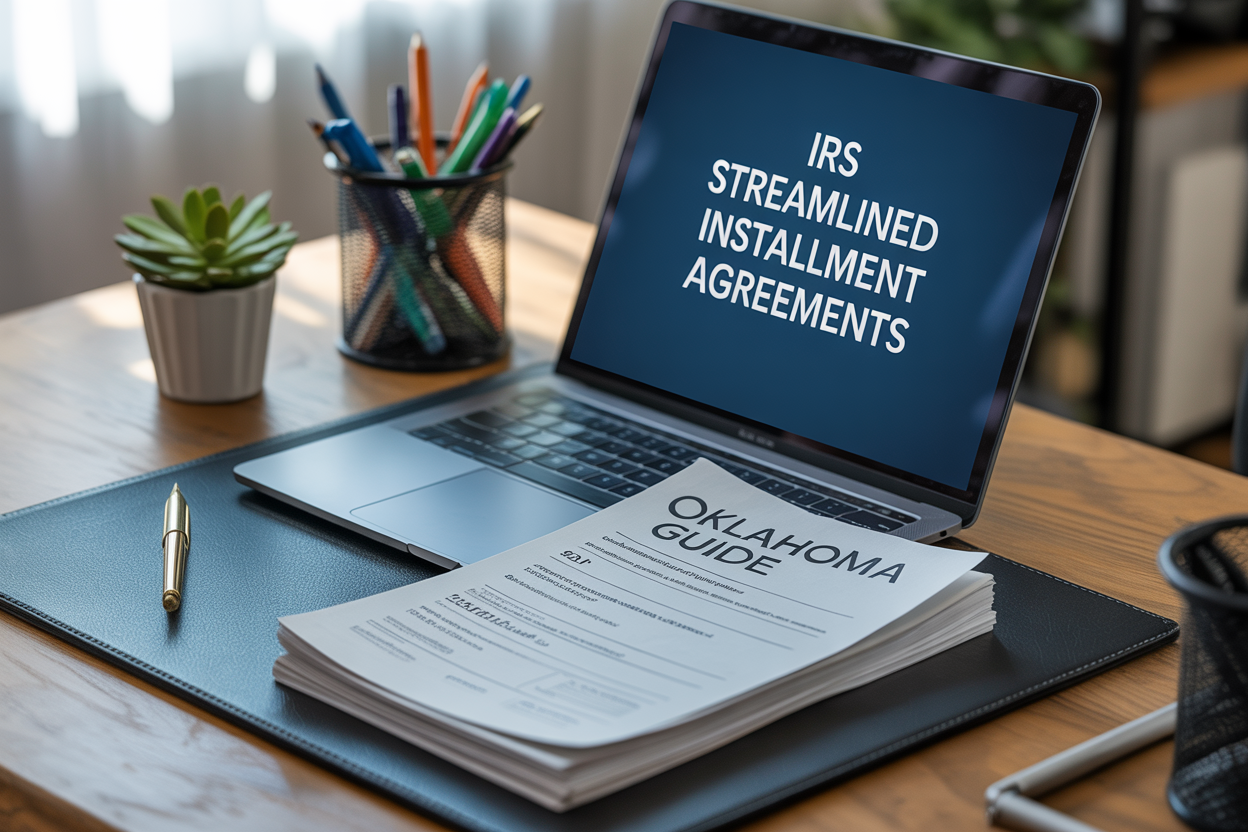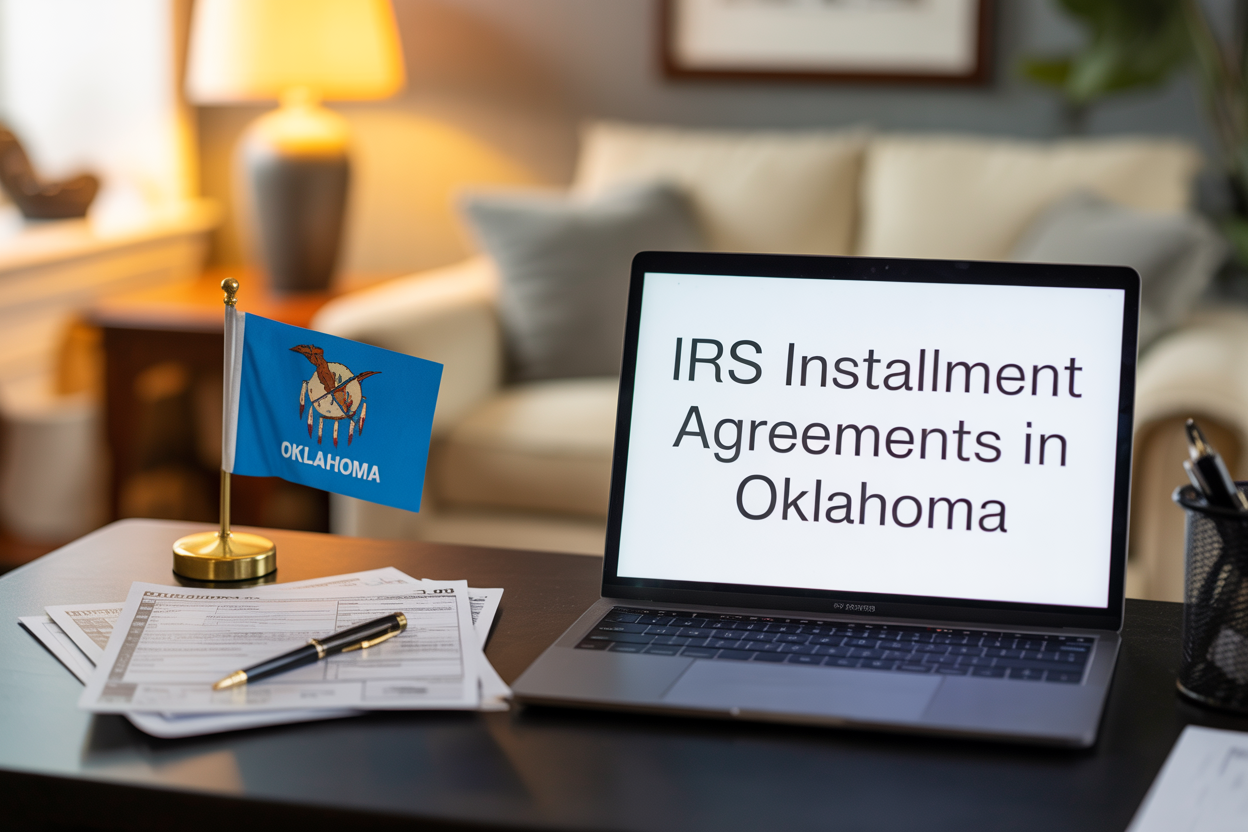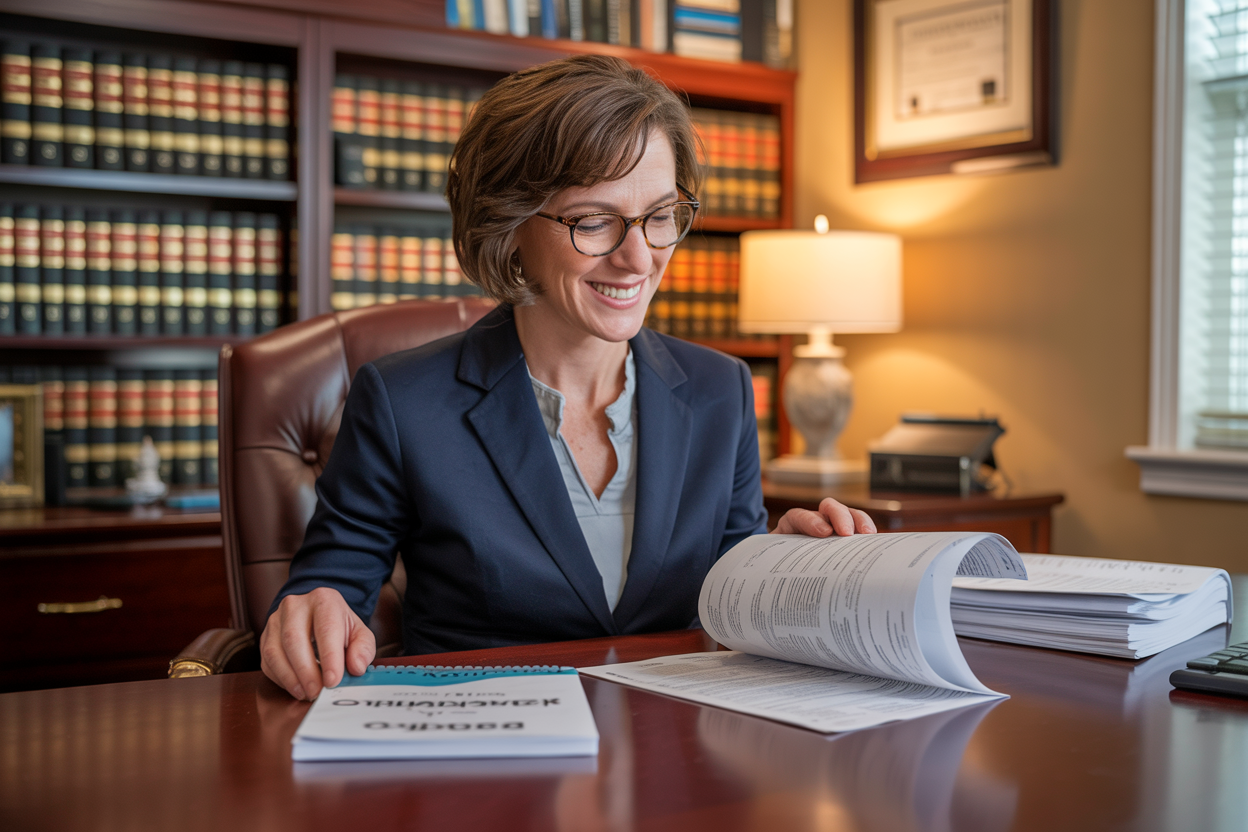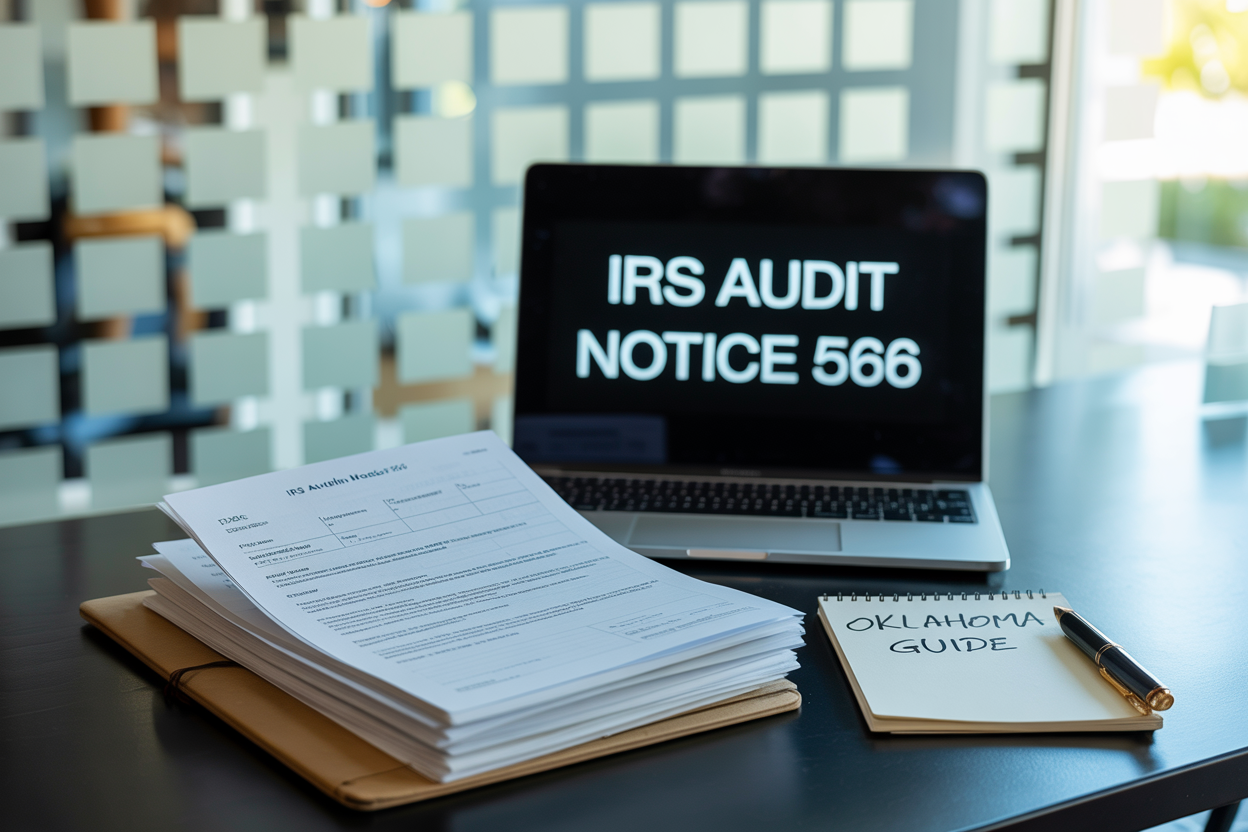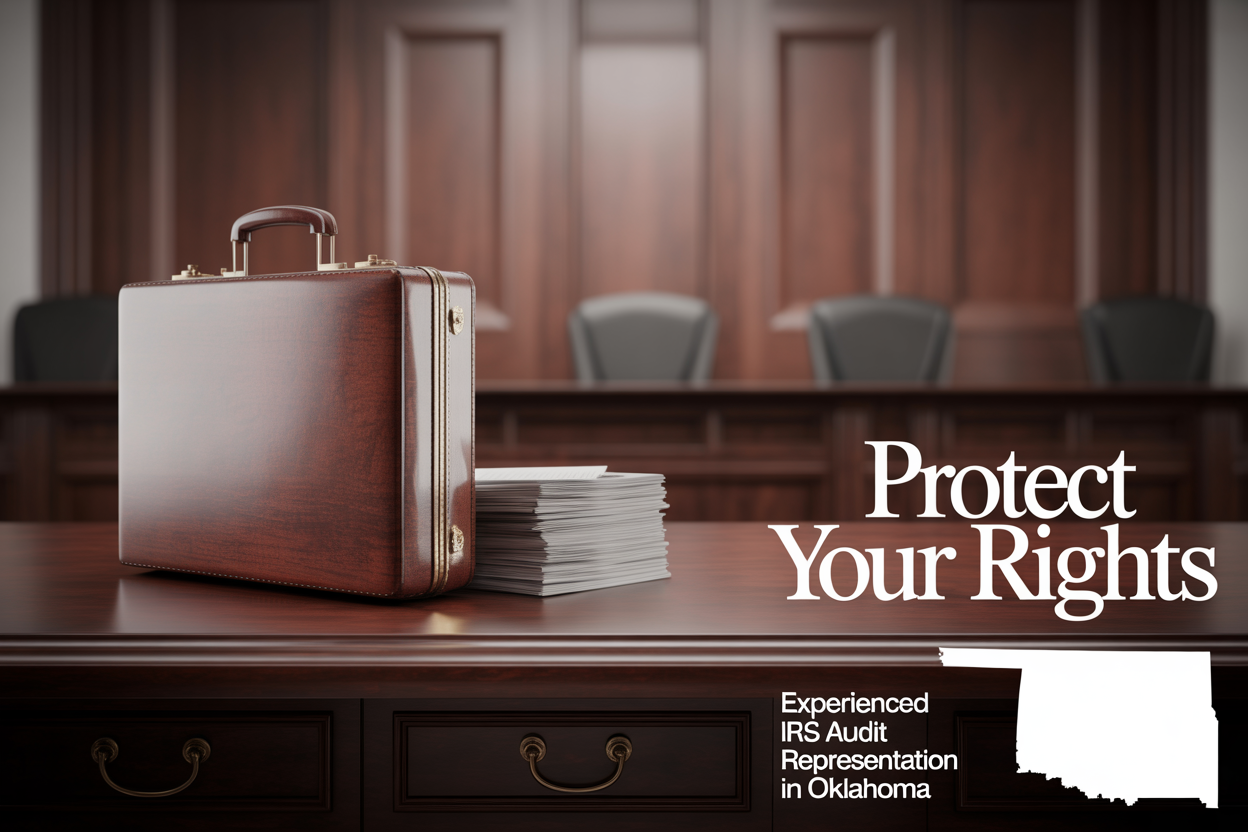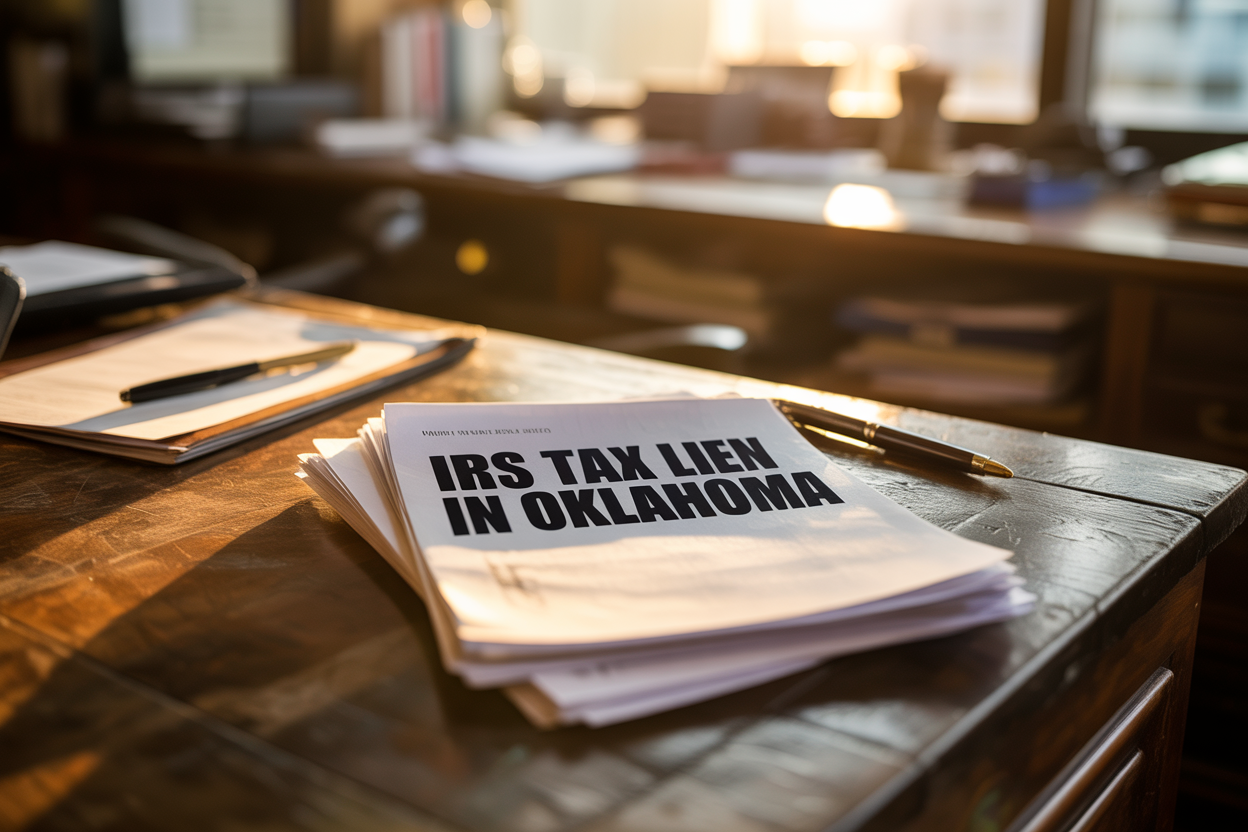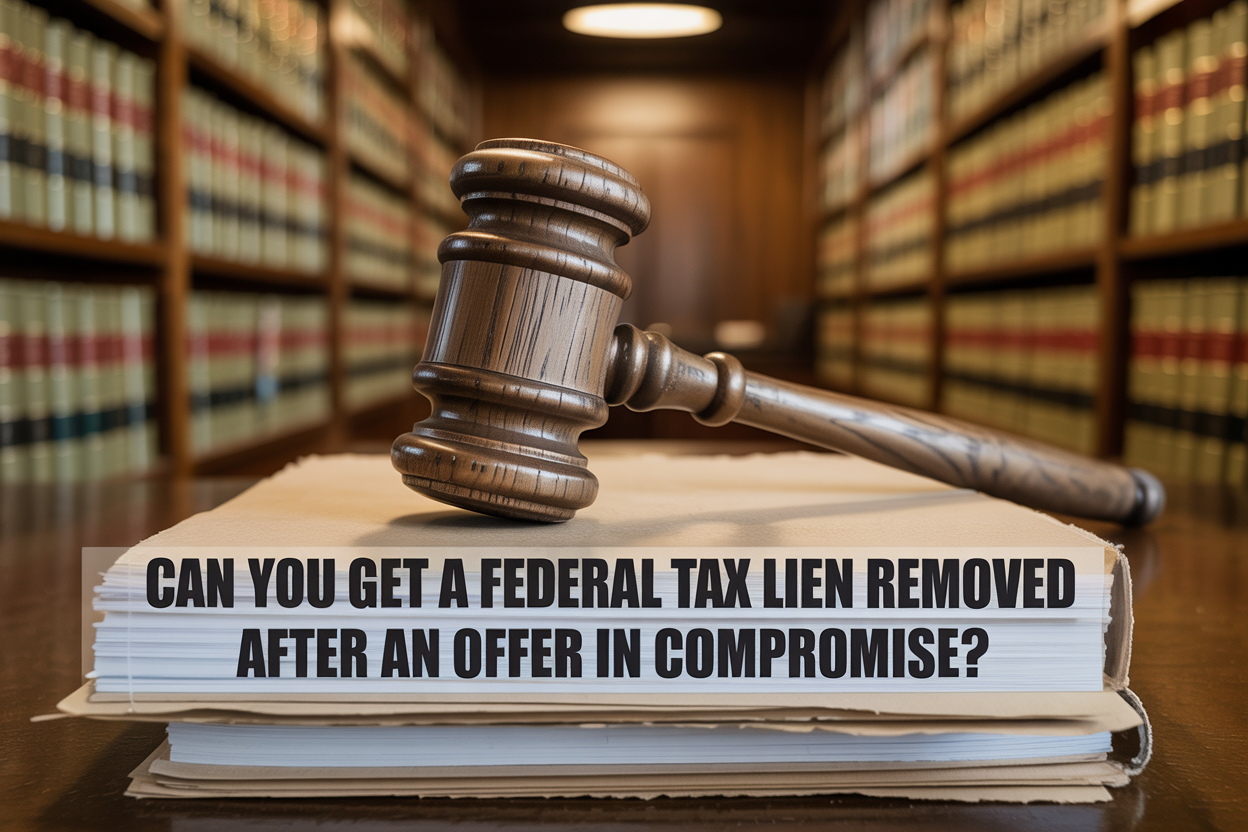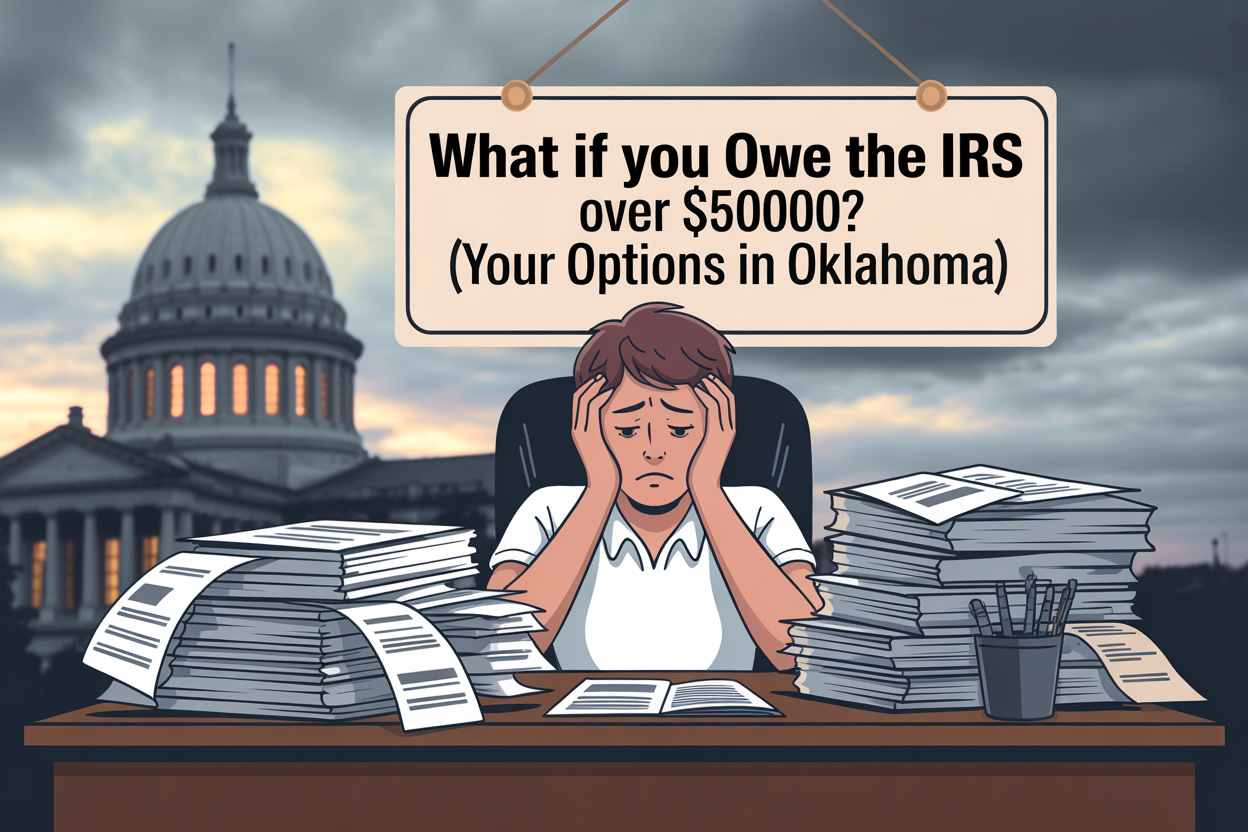IRS Form 433-F – What Oklahoma Taxpayers Need to Know
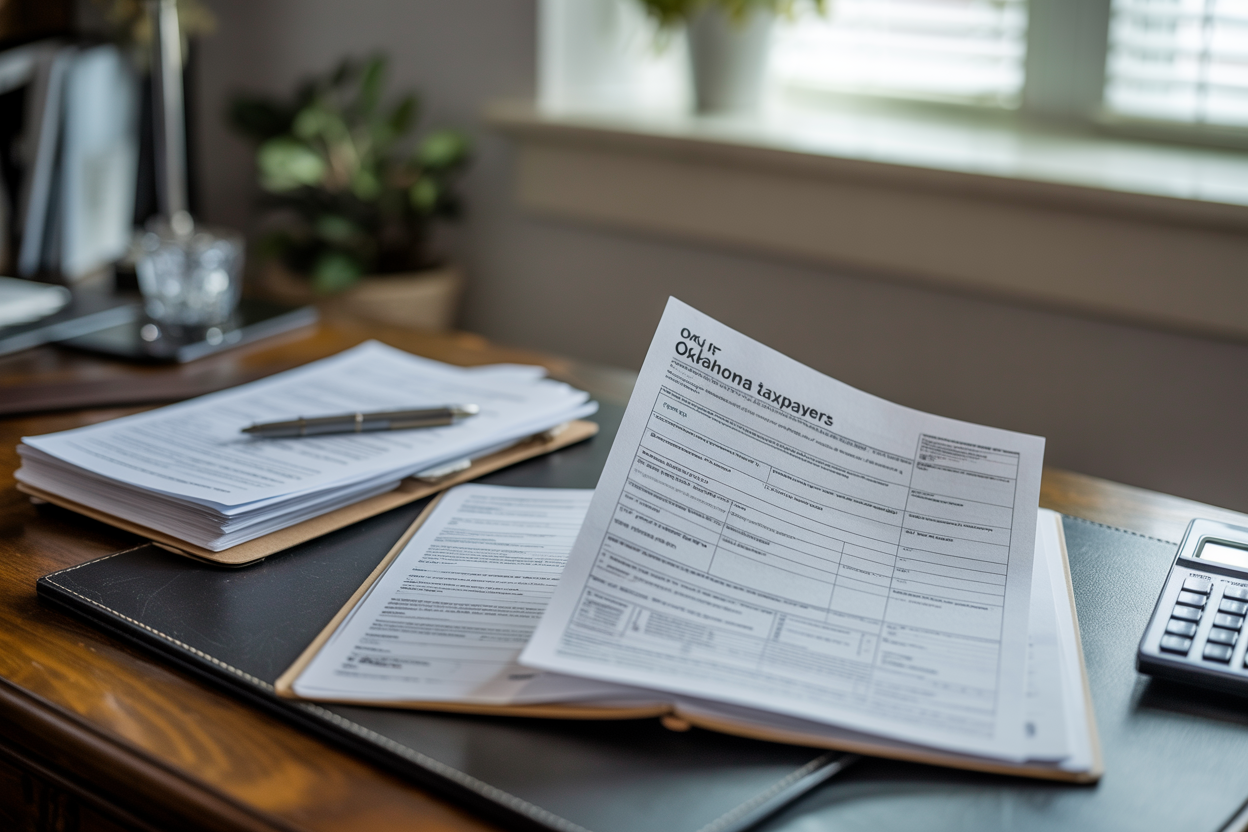
If you're applying for an IRS payment plan or trying to stop a levy, chances are you’ve been asked to complete Form 433-F — the IRS's most commonly used financial disclosure form.
But here’s what most taxpayers in Oklahoma don’t realize: filling out Form 433-F the wrong way can cost you thousands in unnecessary payments or cause a rejection altogether.
At Boulanger CPA, we help taxpayers complete IRS Form 433-F with strategy — not guesswork — as part of setting up affordable Installment Agreements, penalty abatements, and levy releases.
What Is IRS Form 433-F?
Form 433-F is an IRS Collection Information Statement used to gather key financial details, including:
- Employment and income
- Monthly living expenses
- Bank accounts and asset values
- Real estate and vehicles
- Loan balances and debts
The IRS uses this information to evaluate whether you qualify for a payment plan, settlement, or hardship status like Currently Not Collectible.
When Does the IRS Request 433-F?
The IRS may require Form 433-F when:
- You owe
more than $50,000
- You request a
non-streamlined Installment Agreement
- You're under active collection (CP504 or LT11)
- A
Revenue Officer is assigned to your case
- You’ve defaulted on a prior agreement
- You're applying for
levy release or tax lien withdrawal
It’s also commonly required when requesting IRS penalty abatement for serious balances.
How Is It Different from IRS Form 433-A?
While both are financial disclosures, there are key differences:
| Form | Use Case | Level of Detail | Pages |
|---|---|---|---|
| 433-F | Used by IRS call centers | Simplified | 2 |
| 433-A | Used by Revenue Officers | In-depth | 6+ |
If you’re under automated collection, the IRS usually asks for Form 433-F. If a field agent is assigned, you’ll be asked for Form 433-A instead.
We can help determine which version applies to your case and ensure it’s done right.
Real Example – Oklahoma Client Avoids $800/month Payment
Client: Realtor in Broken Arrow
- Owed $67,000
- IRS requested 433-F
- Client originally listed inflated expenses and assets
- We corrected the form, added proper documentation, and supported it with a hardship affidavit
- Result: Approved payment plan at $285/month, no lien filed
Why You Shouldn’t File 433-F on Your Own
IRS Form 433-F might look easy, but small mistakes can lead to:
- Inflated payment requests
- Rejected resolution proposals
- Delays in lien or levy relief
- Forfeited asset protection strategies
We use this form strategically in support of Installment Agreements and even Offer in Compromise evaluations.
We Help Oklahoma Taxpayers File Form 433-F Strategically
When you work with Boulanger CPA, we:
- Review your IRS transcripts
- Prepare a clean, defensible 433-F
- Cross-check data with IRS Form 1040, bank records, and wage income
- Submit it directly to IRS collections or Revenue Officer
- Use it to negotiate smarter outcomes
📞 Call
(405) 384-4900
📅
Schedule your free strategy session
FAQ
What is IRS Form 433-F used for?
It’s used to disclose your financial situation to the IRS when applying for a payment plan, hardship status, or levy relief.
Do I need to submit bank statements with 433-F?
Yes — the IRS may request supporting documents such as bank statements, pay stubs, and expense proof along with your 433-F.
What’s the difference between 433-F and 433-A?
Form 433-F is simpler and typically used by call centers, while Form 433-A is more detailed and used by Revenue Officers.
Can a CPA complete and submit Form 433-F on my behalf?
Yes. At Boulanger CPA, we prepare and file Form 433-F as part of a comprehensive tax resolution strategy.
✍️ About the Author
Marc Boulanger, CPA, is the founder of Boulanger CPA and Consulting PC, a CPA firm based in Oklahoma City, OK.
Marc is the author of Oklahoma Taxpayers' Guide: Taking a Stand Against the IRS and has resolved hundreds of complex federal and state tax cases.
With over a decade of experience in IRS and OTC representation, Marc helps Oklahomans navigate high-stakes tax problems with clear strategy and calm expertise.
He is a Certified Tax Representation Consultant and a member of the American Society of Tax Problem Solvers (ASTPS).
📍 Office: Oklahoma City, OK | 📞 (405) 384-4900 | 🌐 www.oklahomacity.cpa

